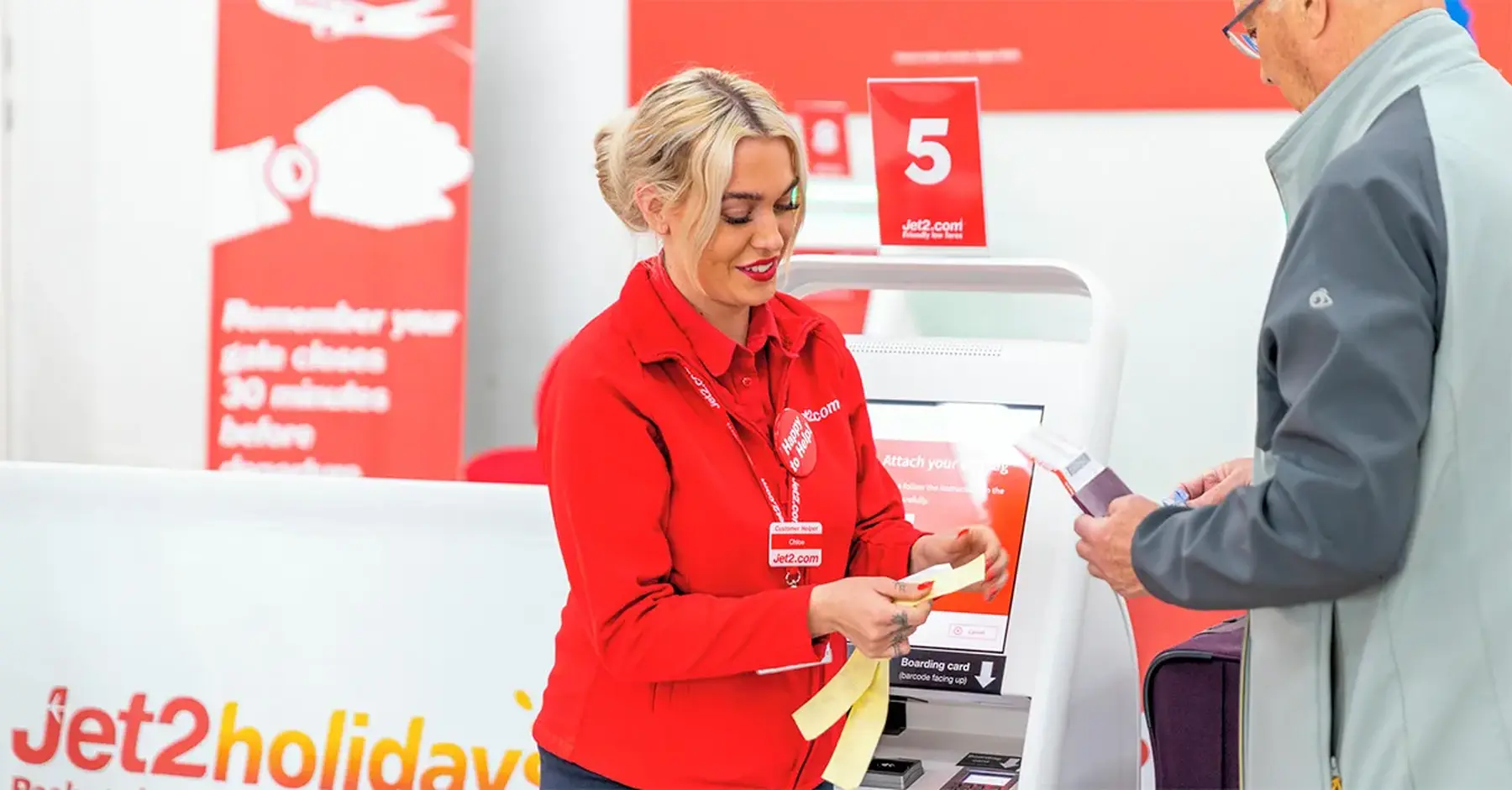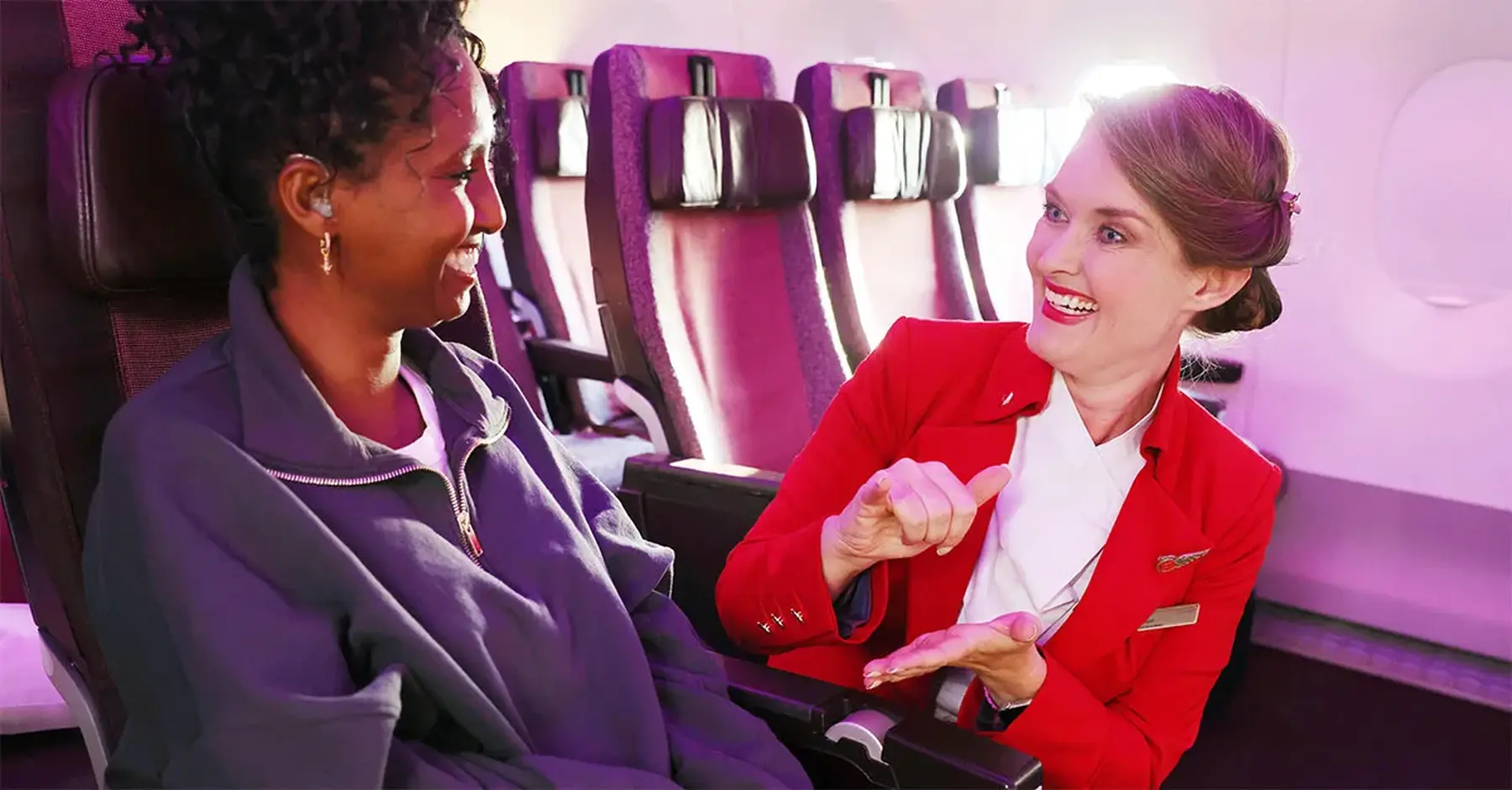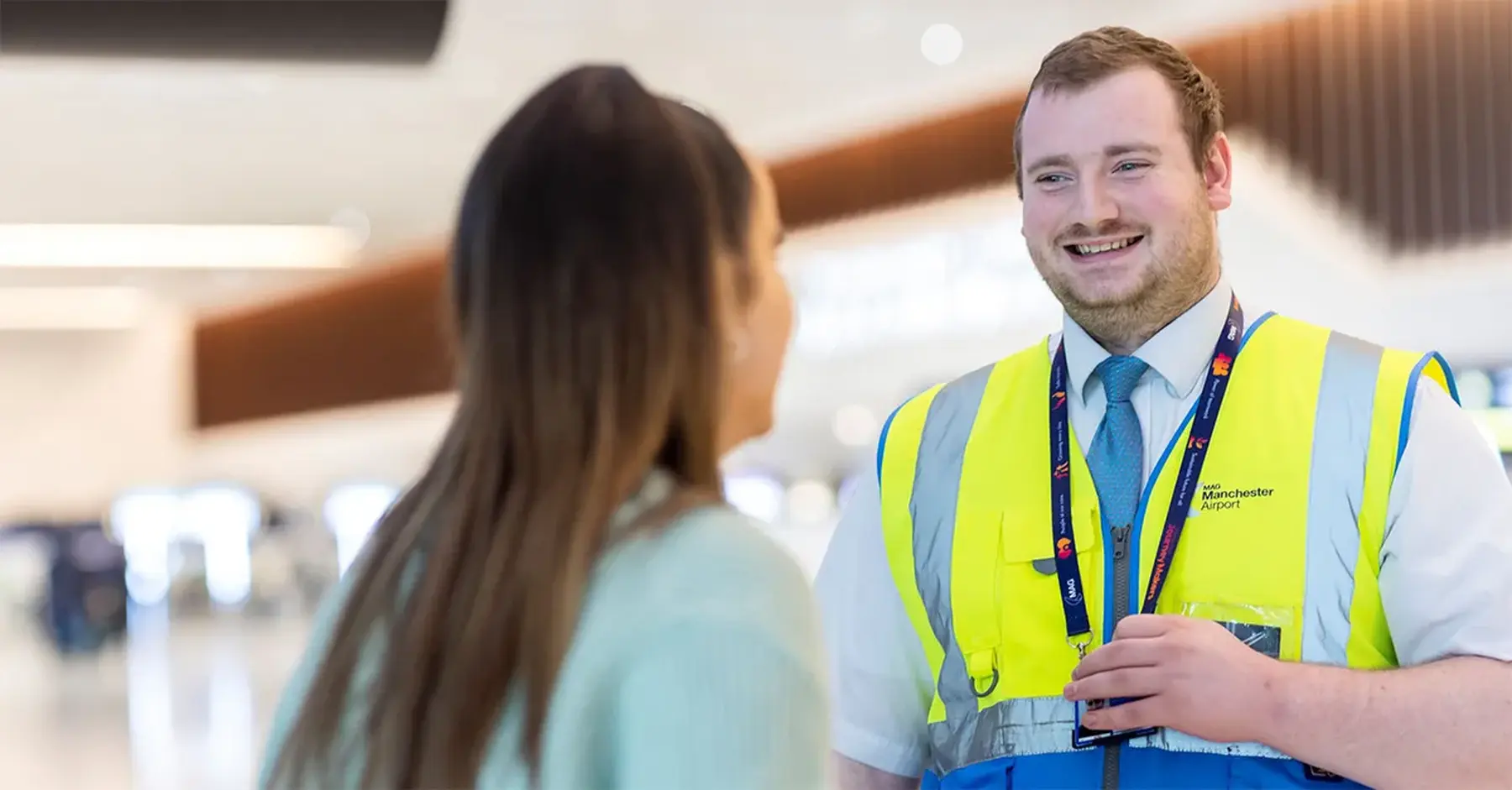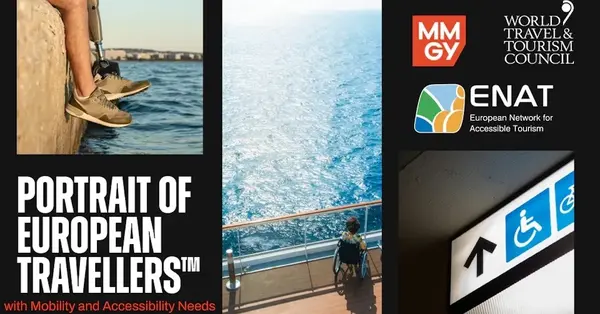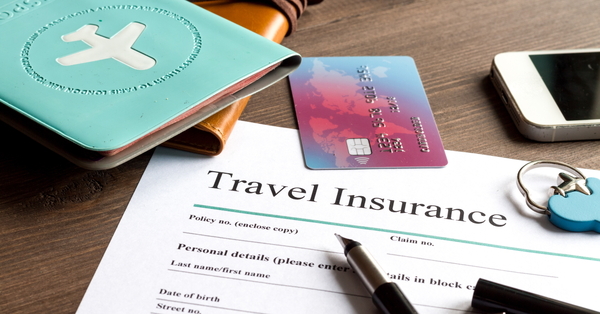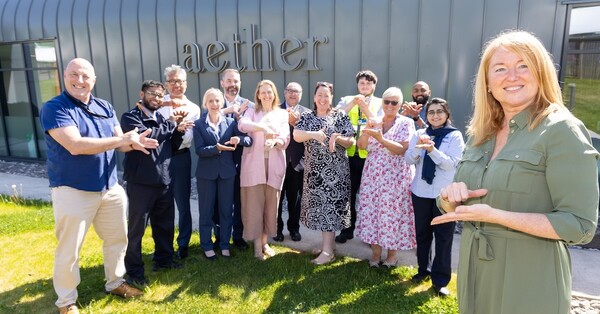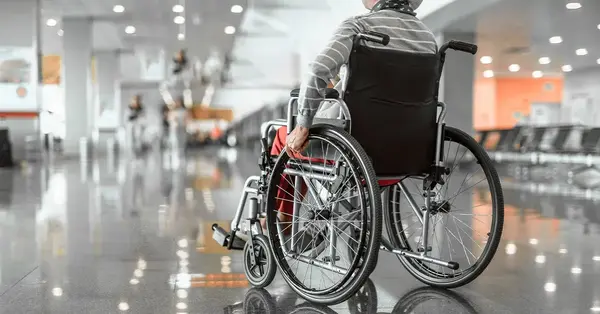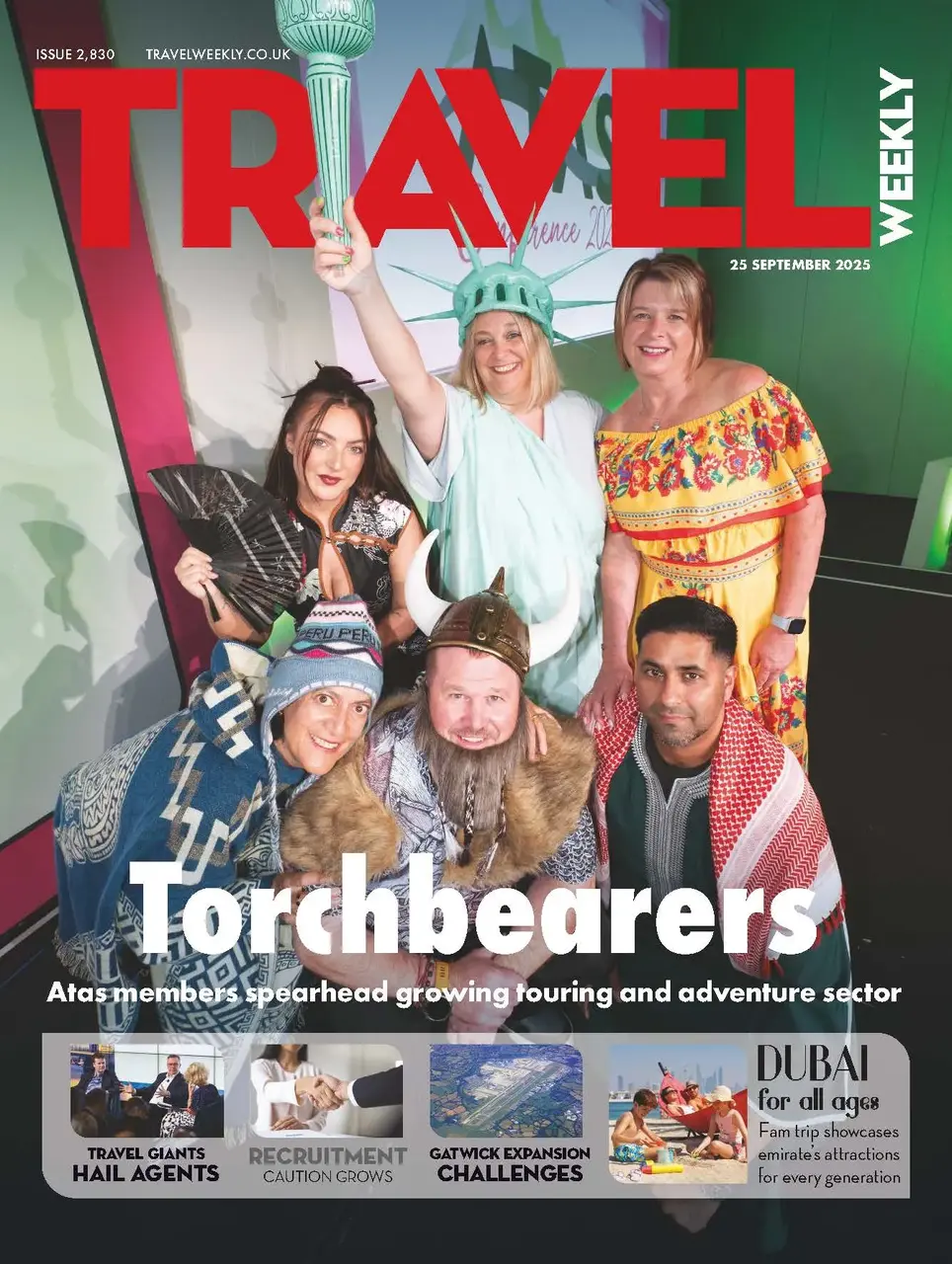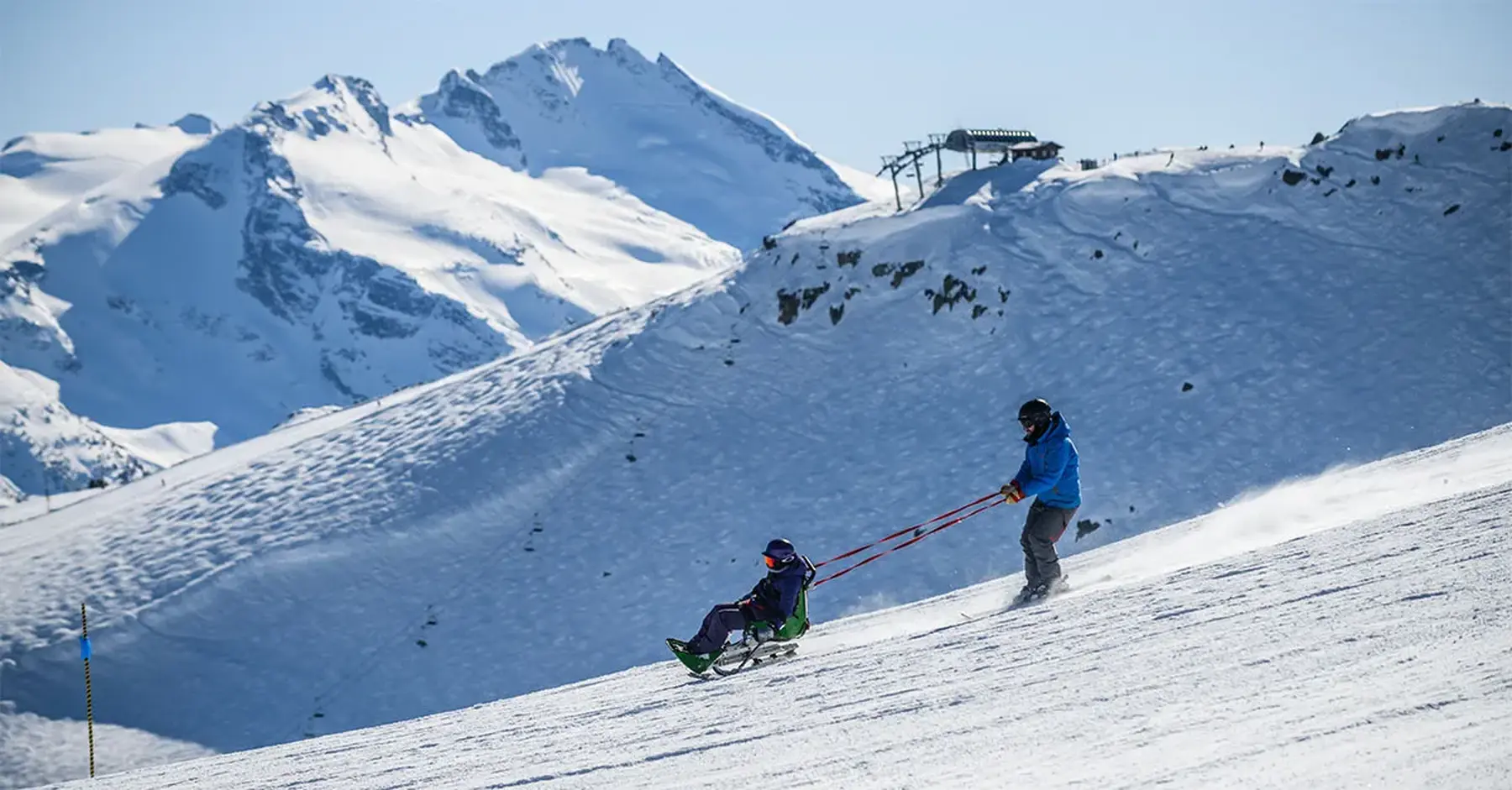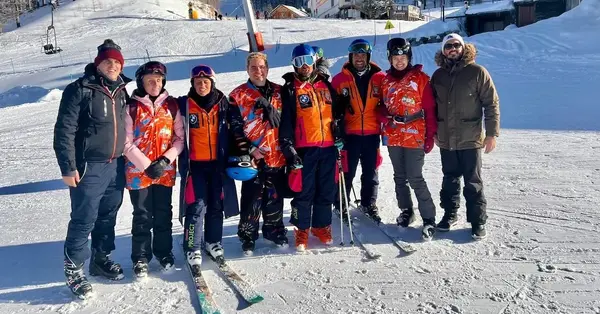You are viewing 1 of your 2 free articles
How airports can help passengers with hearing impairments
Find out how aviation is becoming more accessible for travellers with hearing impairments
Click here to download and save as a PDF
1. "Jet2 has partnered with SignLive for 24/7 access to interpreters”
Steve has more than a decade of experience working in aviation accessibility. He currently leads the accessibility and assisted travel team at Jet2.com and Jet2holidays, overseeing customer journeys from pre-travel bookings and in-airport assistance to onboard services and accessible transfers and accommodation.
Steve Wilson assisted travel manager, Jet2.com and Jet2holidays

"Last month, Jet2 partnered with SignLive, which allows customers to access a British Sign Language interpreter 24/7, 365 days per year from home, at any of our airports and while on holiday. It’s all about providing our customers with more accessible and inclusive means of communication.
Travellers with hearing needs can book assisted travel online, via email and through WhatsApp.
We have an Assisted Travel hub on both our websites and mobile app, and have recently published our Assisted Travel guide. For those with accessibility needs, the assisted travel team can help with everything from pre-boarding to assistance dogs, mobility aids and we can also provide a meet-and-greet service in select resorts.
Disabled people and their families’ total spending power is roughly £274 billion annually, and partners such as SignLive help us understand customers’ lived experiences to guide the services we offer. I’ve seen an increase in customers voicing their personal experiences, which is giving us and the wider industry valuable feedback on what works well and what needs improving.
The most important thing for agents is to understand the needs of the customer, not make assumptions and give us as much notice as possible when booking assistance."
2. “Sign language ensures guests have the same experience as others”
A BSL-trained member of Virgin Atlantic cabin crew. Image credit: Joe Pepler/PinPep
John is the customer accessibility manager at Virgin Atlantic and has more than 20 years’ experience in frontline aviation management. Before joining Virgin Atlantic, he worked on accessibility at British Airways and uses his lived experience of disability to help customers.
John Fishwick, customer accessibility manager, Virgin Atlantic

"Virgin Atlantic is the UK’s first airline to have cabin crew trained in British Sign Language – it helps empower customers to travel independently and live their lives. If a customer requires a BSL-trained crew member, a request needs to be made via our Accessible Travel Service Team at least 12 weeks before they fly.
On board, the crew member will outline information such as flight time and meal services, as well as provide signing during the safety video, meal and drinks services and when other information is communicated.
At Virgin, our cabin crew can volunteer to attend a five-day BSL course, with ongoing refresher training. Royal National Institute for Deaf People (RNID) data revealed that while 82% of those who are deaf or hard of hearing have one trip abroad planned in the next year, more than 58% worry about communicating with cabin crew, and nine out of 10 are concerned about missing announcements.
Virgin offers hearing loops on all flights and we’re working to increase the subtitled options on inflight entertainment. Offering tools such as BSL and other services ensures these guests have the same travel experience as everyone else."
3. “We’re identifying staff members who can be champions in this space”
A member of staff at Manchester Airport
Ed is Manchester airport’s lead for assistance service provision, accessible infrastructure and innovation. Ed has worked in this field since 2017 and is a member of the Airports Council International Task Force on Accessibility and the Department for Transport’s Aviation Accessibility Task and Finish Group.
Ed Kibblewhite, special assistance contract manager, Manchester airport

"In January 2024, we refreshed our airport accessibility with input from customers, charities and some profoundly deaf BSL users from the Deaf & Sensory Network (DSN) to explore various aspects of the airport journey.
In November, we implemented a real-time sign language interpreter service via our website for customers and staff – it’s available via QR code everywhere, from service desks to immigration and security. As part of this, we introduced touch icons, which allow people to point to symbols to help staff understand what they need.
Our partnership with DSN provides BSL training to select staff at the airport. We’ve had interest from more than 120 staff members to take part, and many of them know someone who uses BSL, so we’re really bringing out people who can be champions in the space. After this course, we have plans to roll it out further. We’re proud of setting it up and hope other travel providers see how easy it is and the benefits it brings.
We also offer scheduled airport tours, which are very popular, so guests can experience the airport before travelling. Clients who are deaf may have other disabilities too, so agents can research everything we offer, particularly around deafness and BSL support, on our website.

